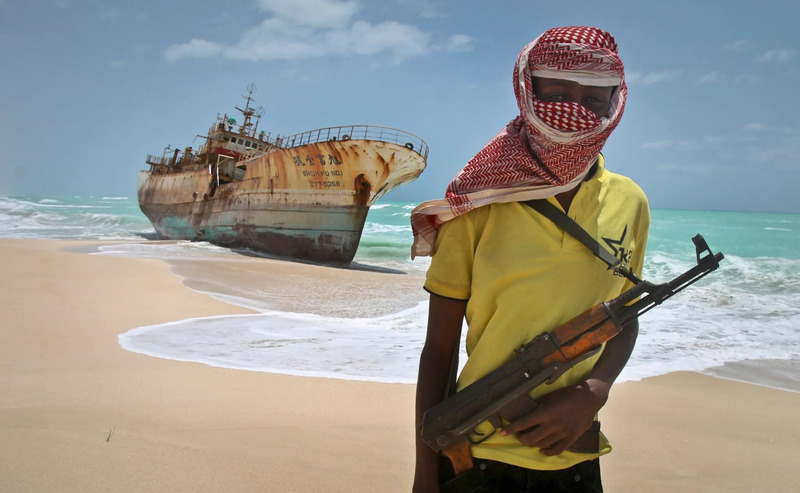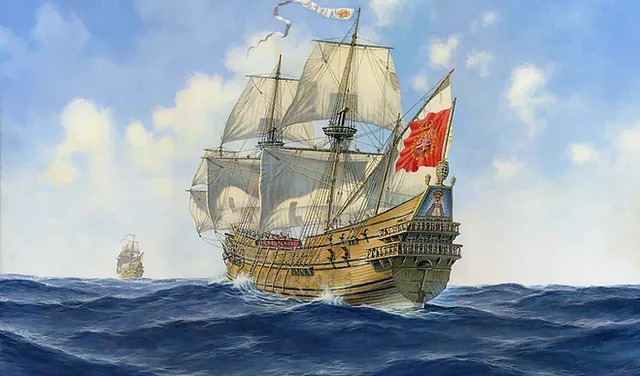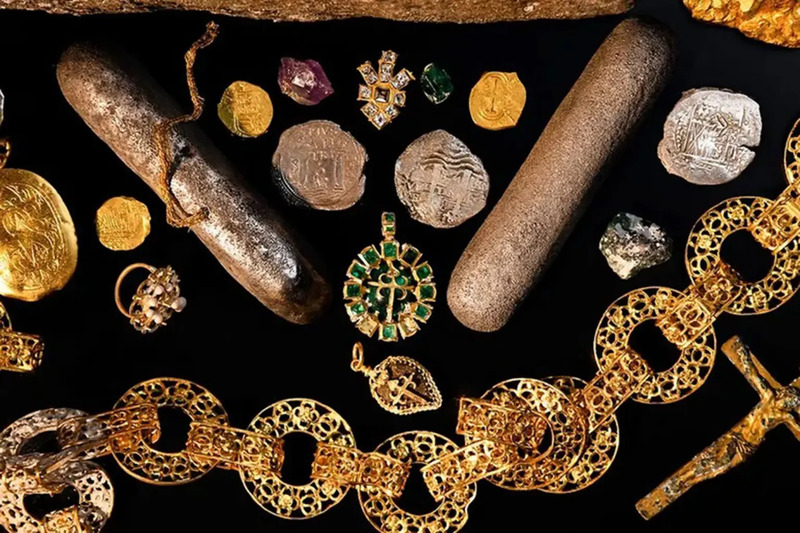Pirating
Piracy is any unlawful violence by a ship on another ship or coast, typically to steal valuable goods. International organizations such as the United Nations have developed guidelines like the United Nations Law of the Sea Convention (UNCLOS) to secure maritime trade and seafarer safety. Stealing goods does not confer ownership of those items to the thieves, but physical force is often required to uphold this law. Nations prone to piracy, like those bordering the Gulf of Aden and the Gulf of Guinea, engage in regional collaborations to enhance maritime security. Counter-piracy operations see the use of naval forces to deter and respond to attacks. Building a standard legal framework to persecute pirates emphasizes the importance of international cooperation in addressing this maritime security challenge.
Below is an image of a young Somali pirate. Somali pirates often attack commercial vessels in the Gulf of Aden and Indian Ocean. Somalia's abundant natural resources yet large wealth discrepancy and political instability lead many in the younger generation to piracy. Recent international naval patrols and armed guards on ships have resulted in a decline in Somali pirates.
There are an estimated three million shipwrecks scattered across the ocean floor. Ocean shipwreck policies are designed to address the challenges posed by maritime accidents and ensure the safety of seafarers. International organizations such as the International Maritime Organization (IMO), set guidelines and regulations to prevent shipwrecks and mitigate their consequences. These policies encompass a range of measures, including navigational safety standards, vessel inspection and certification, and training for maritime personnel. Regardless, the ocean is an unpredictable force and shipwrecks still occur.
Above is an oil painting of the ship, the Nuestra Señora de las Maravillas or Our Lady of Wonders. It was a Spanish merchant ship lost on its return trip from the New World. The Maravillas were salvaged by a treasure-hunting company named Marex, off the Bahama Banks.
Generally, a ship's original owner or company has a viable right to ownership. However, that right can be superseded by the country that owns the national waters the wreck is in, which can extend up to 12 nautical miles This has been a source of legal conflict between treasure hunters, who find the shipwrecks, and countries, who own the waters.
Below is an image of the treasures found in the Maravillas. This includes gold coins and high-status personal belongings like jewelry and pendants.
Policies like sovereign immunity allow the country where the ship was registered to be exempt from other state laws. Warships and other government ships operated for non-commercial purposes enjoy sovereign immunity. This law exists to protect state interests and promote diplomacy for better international relations.


